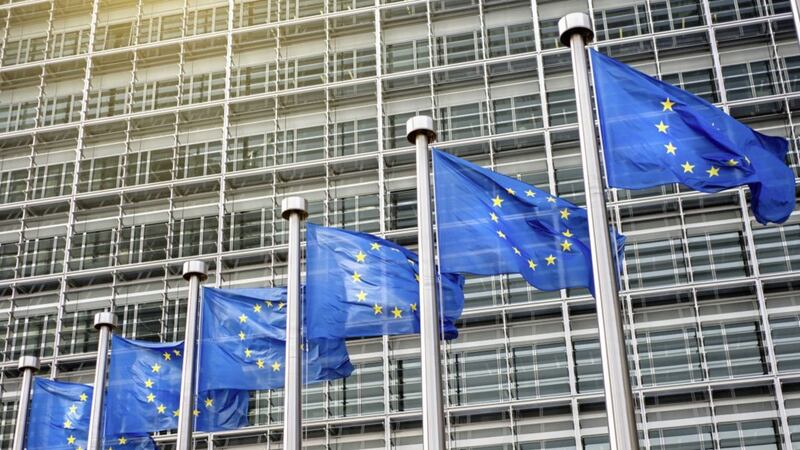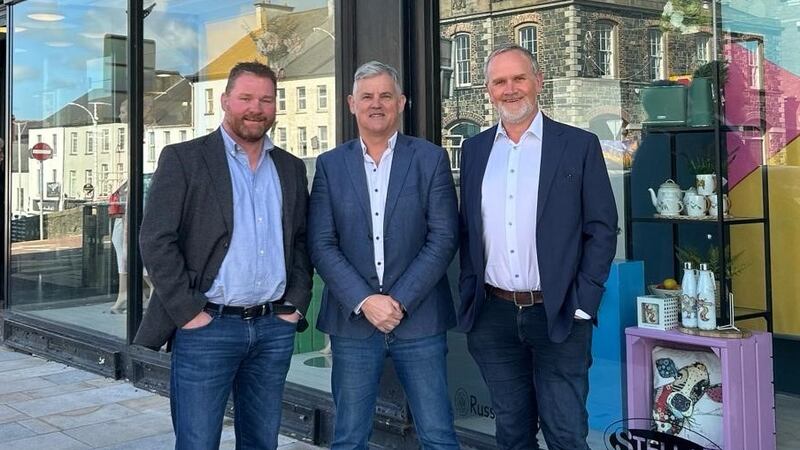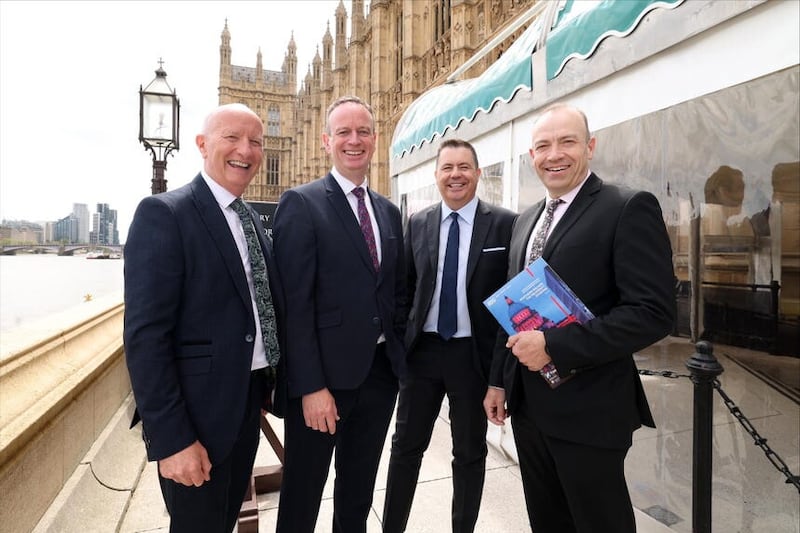JUST over a year ago, on 8 October 2018, a large delegation from the local business community descended on Brussels to meet with the EU’s Brexit negotiators to talk about their proposals to secure a withdrawal agreement with the UK.
We listened to the detail, thanked them for their efforts, but made it clear that the offer at that point did not work. In sometimes painstaking detail, we went through the proposals, flagged up gaps and warned against the impact and indeed forecast the reaction should the proposals be agreed by both the EU and the UK.
For us, those who make, move and merchandise goods across these islands, the proposals did not meet the fundamental promise of guaranteeing ‘unfettered access’ across the island and our place in the UK market.
Our Brussels meeting helped open up the negotiations and continued engagement with both sides in the following weeks delivered a deal which, despite some gap, would be workable. The negotiators and their political masters engaged, listened and found a route through. But, the 2018 deal failed the Parliamentary test.
On October 17 this year, the UK’s new prime minister Boris Johnston, in an effort to land a deal which he hoped would deliver Brexit by October 31, announced a new agreement with the EU which has in places delivered an outcome which we rejected a year previous.
This time, there has been no engagement with the local business community. This deal is Boris’ deal. We would not have ended up here had we been consulted.
Does Boris Johnson’s deal beat a no deal outcome. Yes. Does it deliver ‘unfettered access’ to both markets we have consistently said is required and which was promised by both the UK and the EU? No. And that's the reason why our business and agri community has only given a qualified welcome to the deal.
There is much in the new treaty which is helpful. Much of the very useful and non-contentious areas remain from Theresa May’s deal. However, at its heart are critical changes which will undermine our future trading relationships with both the EU and the UK with costs and complexities lumped on our business community and consumers.
It has been done in a rush to “Get Brexit Done” by October 31. The UK has waited over three years, and to push through now without proper scrutiny could prove reckless.
The Johnson deal is 65 pages long, full of sometimes technical and legal detail, yet only contains two words and no detail to describe our trading relationship with the UK’s market.
Much of the detail is pushed a new joint committee to work out. In the meantime, confusion reigns within government about what the deal actually means for us. But the consequences of the deal are already beginning to be understood. Just like an onion, as each layer is revealed, it increasingly makes your eyes water!
The risk is that Boris lands his deal now or after a general election. So, there is a big body of work required in Parliament, through amendments or new laws, to derogate, mitigate, compensate but most importantly legislate to protect our market, supply chain, firms and consumers.
If parties still want to deliver Brexit, then it needs to meet all not just some of the commitments they’ve given to us all. If not, then perhaps it is time to rethink.
:: Stephen Kelly (stephenkelly@manufacturingni.org) is chief executive of Manufacturing NI (www.manufacturingni.org)








